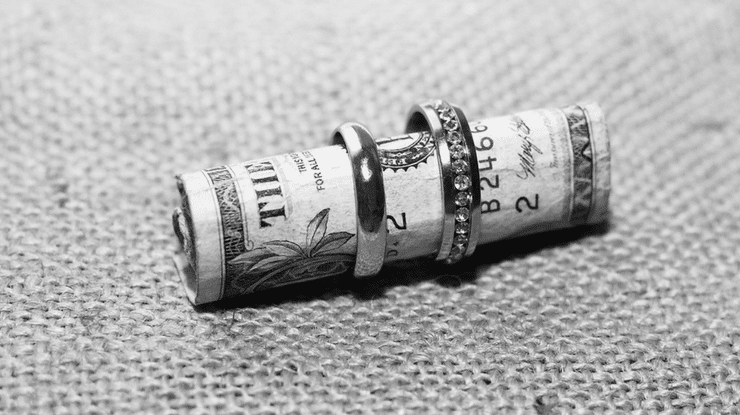I don’t know about you. But the moment I start something new, I’m filled with anxiety, a subtle sense of dread and danger.
Like now, trying to write my next book. My inner voice is relentless in its ruthlessness. “Don’t do this.” it shrieks. “Don’t you dare do this!”
I can’t say it’s debilitating. But like a barking dog late at night, I’d do anything to make it go away.
Sitting at my desk, staring at a blank page I had a sudden flashback to an interview I did during my days as a journalist. The interview was with the famed psychologist, Rollo May, author of The Meaning of Anxiety. I knew I needed to find those notes.
When I finally did, I had no doubt…this was a pep talk directly from the Divine, through Dr, May’s words.
“Anxiety is always triggered every time we face the possibility of fulfilling our potential,” Dr. May explained.
“If it were not some potentiality crying to be born, we would not experience anxiety,” he said. “Anxiety signals danger. Not a tangible danger. But a psychological threat…to our present security.”
If we try to escape this tension and fear through drugs and overwork or apathy and denial, anxiety becomes destructive. It leads to futility.
If, on the other hand, we feel and face our anxiety, enormous creativity is possible. Anxiety acts as a stimulus, he said. “It stimulates us to find new experiences, new ways of meeting problems.”
In fact, he insisted, “It is the ability to tolerate and push through anxiety that underlies every successful endeavor. All great things were done with anxiety.”
For example, May was 82 when I met with him. He’d written over 15 books and was dubbed “one of the superstars of psychology” by Time magazine.
Yet, he confessed, “Every time I write a book, I think my writing is terrible and I don’t know what I’m saying. But I keep writing anyway.”
This is exactly what I needed to hear. My goal is no longer to mute the fear, but to muster up the courage to keep moving forward, despite any apprehension.
Yes, my anxiety persists, but my commitment is stronger. I remind myself it’s a sign I’m going for Greatness.
Have you used anxiety to push yourself past your comfort zone? Were you surprised at the results? Leave a comment below.
If you enjoyed this Words of Wealth, click here to receive a copy in your inbox every week.










